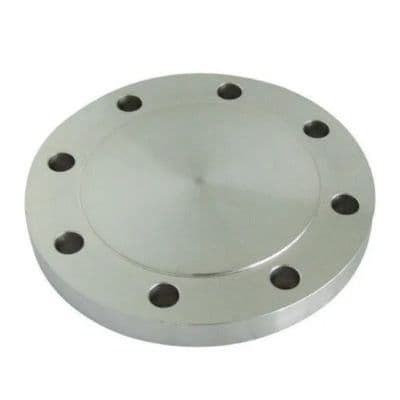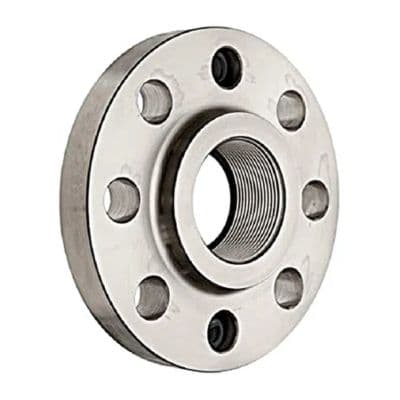| Flanges Types | Slip On, Companion, Weld Neck, Lap Joint, Long Weld Neck, Threaded, Blind |
|---|---|
| Class | 150 Lbs, 2500 Lbs Asa 150, 100, 300 Lbs, Asa 300, 600 Lbs, 160, 900 Lbs, Pn 6, 1500 Lbs, 10, 16, 25, 40, 64 |
| Size | 1/2″ (15 Nb) |
| Type | Raised Face (rf), Lap Joint Face (ljf), Small Male Female (smf), Groove, Flat Face (ff), Large Male Female (lmf), Ring Type Joint (rtj), Large Tongue & Groove, Small Tongue |
Inconel 625 flanges Manufacturer in india
Nitech Stainless Inc is a leading Inconel 625 flanges Manufacturer in India. Inconel 625 flanges are made from Inconel 625, a high-performance nickel-chromium alloy that is renowned for its exceptional resistance to oxidation, corrosion, and fatigue at elevated temperatures. Composed primarily of nickel (58-63%), chromium (20-23%), and molybdenum (8-10%), Inconel 625 is particularly known for its ability to withstand aggressive environments, including high-pressure and high-temperature conditions. The alloy's superior properties make it ideal for use in industries such as aerospace, chemical processing, marine, and power generation, where resistance to oxidation, corrosion, and stress corrosion cracking is critical. Inconel 625 flanges are widely used in applications such as chemical reactors, heat exchangers, and turbine systems, where materials are exposed to harsh environments, including seawater, acidic or alkaline solutions, and high temperatures. These flanges provide reliable, secure connections in piping systems that need to withstand severe thermal cycling, oxidation, and corrosive conditions. The material’s resistance to pitting, crevice corrosion, and stress corrosion cracking ensures long-lasting performance even in challenging environments.
Type of Sub-products

Inconel 625 Blind Flange Inconel 625 Blind Flange
Inconel 625 Blind Flange is a high strength, corrosion resistant flange used to seal pipe ends in harsh environments. It offers excellent resistance to oxidation and cracking, making it ideal for marine, chemical, and aerospace applications.

Inconel 625 Threaded Flange Inconel 625 Threaded Flange
Inconel 625 Threaded Flange offers excellent corrosion resistance and high strength, making it ideal for high temperature and marine applications. It features a threaded design, allowing easy installation without welding.
